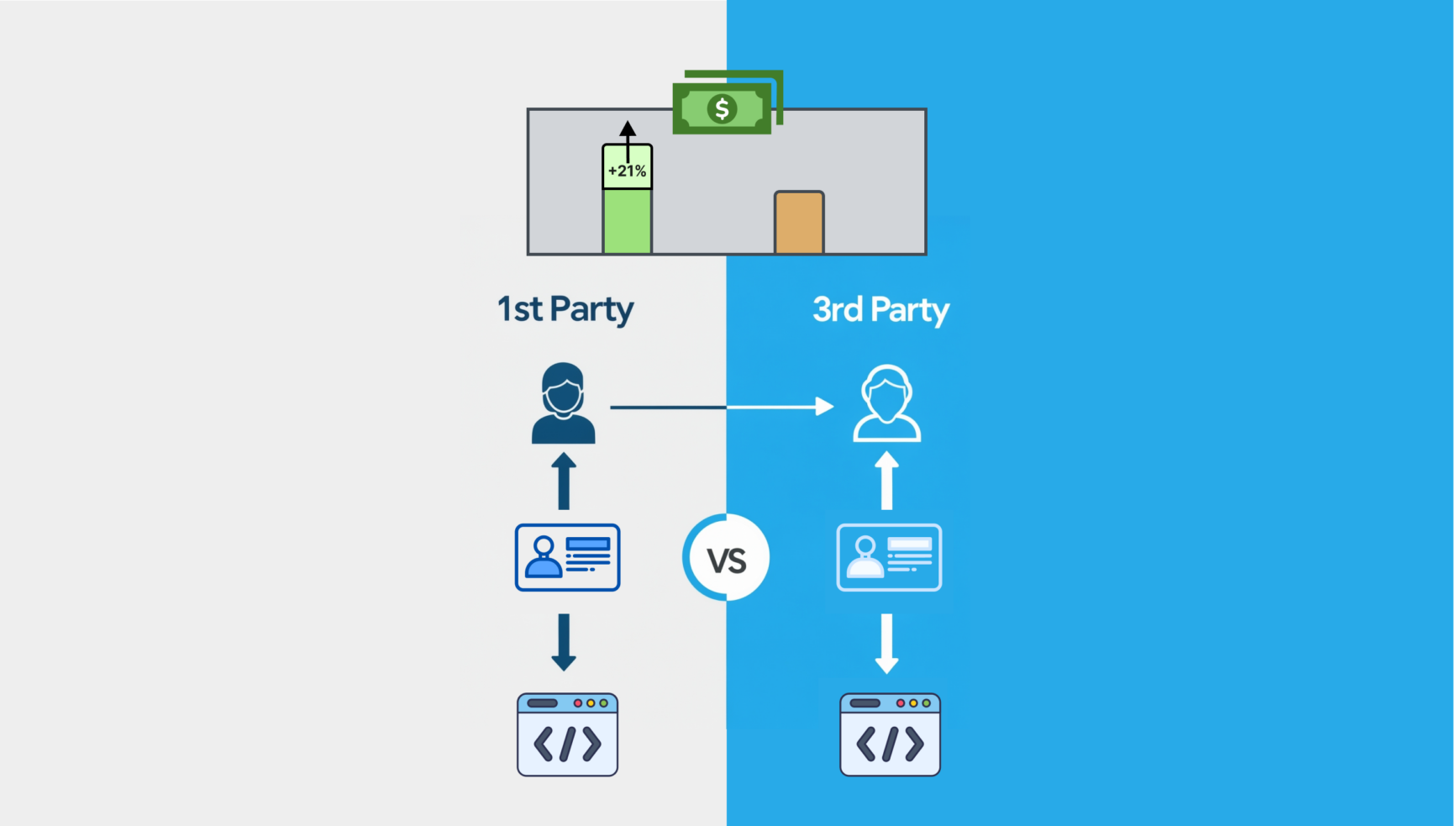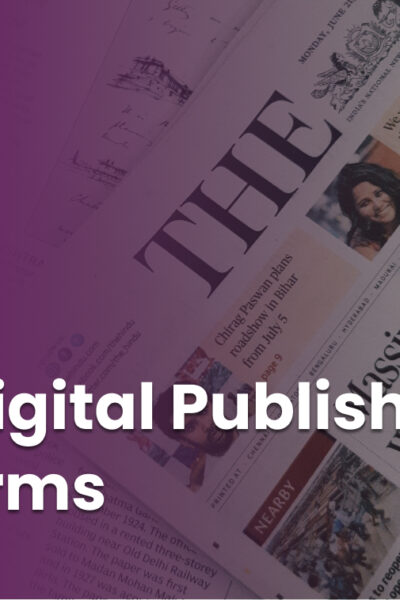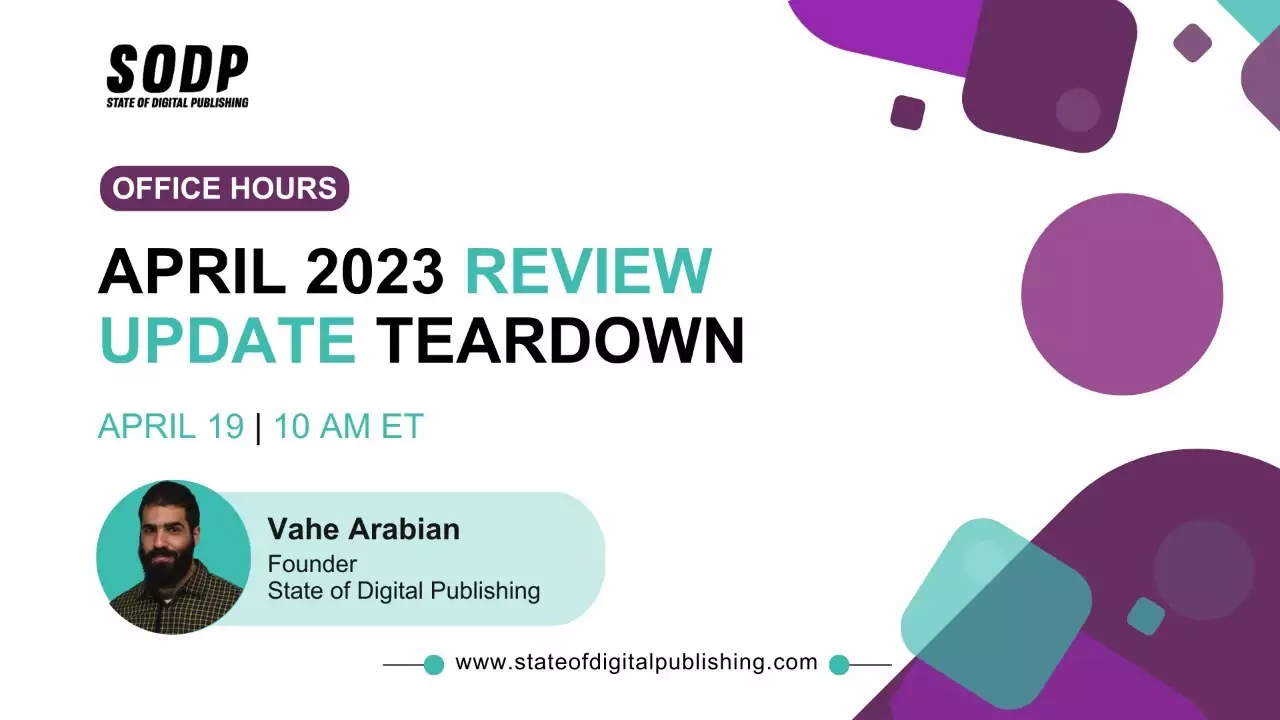Blockchains are emerging as an embraced solution to problems throughout various industries. The technology has many appeals: it’s easy to set up and can store anything permanently. But the question for news media is, can blockchain technology work for the industry?
WAN-IFRA just published a report, “Blockchain and the Future of News,” to highlight many of the main areas where blockchain currently stands in news publishing, and forecast where it might be heading.
Why it Matters:
The report helps news media organizations to better distinguish between the hype surrounding blockchain, and its true potential and applications for the industry.
“The promises of blockchain are seriously challenging industries based on intermediation, trusted third-party distribution, and transactional models,” said Vincent Peyregne, CEO of WAN-IFRA. “For news professionals, this means that the radically disruptive nature of blockchains needs a serious exploration of challenges, implications and opportunities.”
Digging Deeper:
The report includes a number of ways that blockchain technology could be beneficial when applied to news media.
- Intellectual property protection: the report found widespread agreement that blockchain is well-suited for this.
- Recording of origin and time of publication: the technology’s capability to indisputably record and display the origin and time of publication (and republication) of any kind of content could be a benefit to news publishers.
- Accountability and transparency: the ability to indelibly attach a person to a piece of online content and establish the identity of that person beyond doubt are seen as powerful tools in the campaign to re-establish trust with readers, particularly in this era of fake news and mistrust of the media.
- Micropayment solutions: blockchain has the potential to help publishers implement micropayments. The nearly friction-free exchange of value enabled by blockchain is a huge advantage.
- Content creator profitability: blockchain-based publishing platforms could enable individual content creators and freelancers to profit from their creative efforts.
- Advertising applications: particularly with classified and programmatic ads, blockchain’s emphasis on accountability can be used to restore trust to the often-rocky relationship among advertisers, publishers, and users.
The Bottom Line:
Case studies in the report include Civil, Sludge, Publiq, Katalysis, and inBlocks/Sud Ouest. For example, the Associated Press is working with Civil to develop a means of tracking all transactions and allow the AP to enforce its licensing rights. Startups such as Katalysis are using blockchain to help publishers ensure they are compensated for republication of their content. The report also includes some advice from a blockchain publishing expert on how to get started












